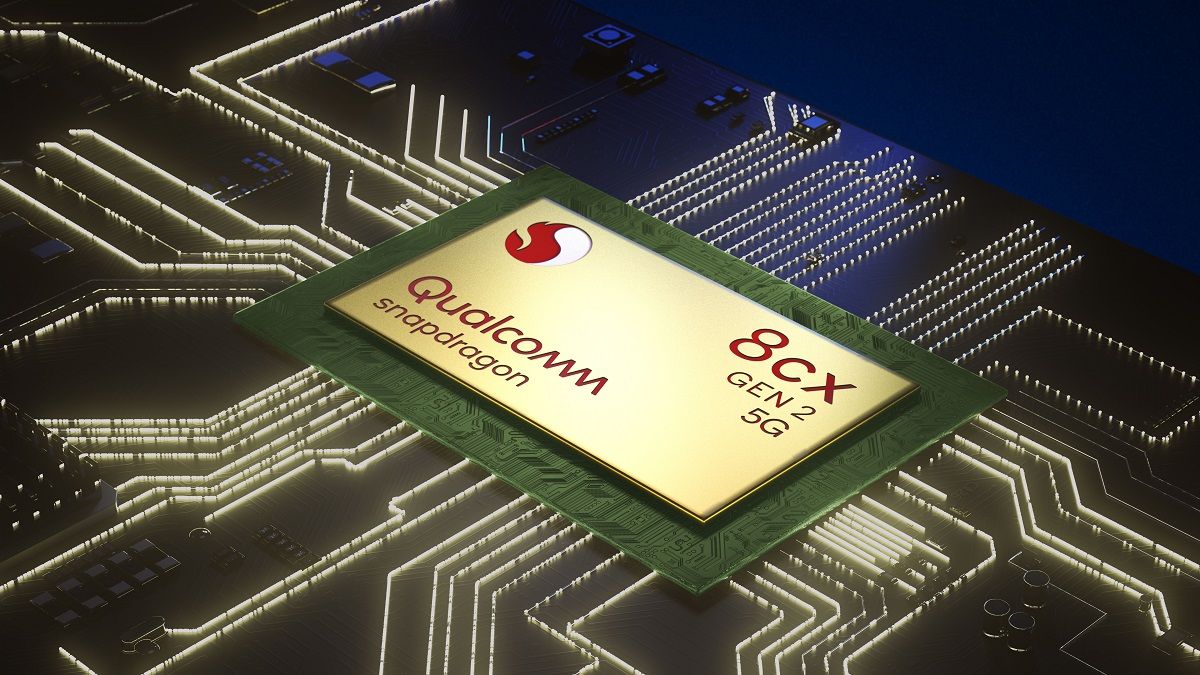Qualcomm is reportedly working on a new high-end ARM chip with the model name Snapdragon SC8280. While few details are available, we're hoping that this will be Qualcomm's answer to Apple Silicon, which the Cupertino company debuted in its most recent MacBook lineup to rave reviews.
According to a report from WinFuture citing import-export databases, Qualcomm is currently developing the Snapdragon SC8280 (not the final name), which is described as the successor to the Snapdragon 8cx and 8cx Gen 2. “In the developer platforms tested by Qualcomm, in addition to a variant with eight gigabytes of LPPDR5 RAM, variants with a total of 32GB of LPDDR4X memory are used,” WinFuture said. “In addition to a ‘basic’ version of the chip, there is probably another, more powerful variant.”
The Snapdragon 8cx, which is found in the Surface Pro X and a few other high-end Windows 10 on ARM PCs, can be configured with up to 16GB of RAM. Tests being conducted by Qualcomm include the Snapdragon X55 integrated modem for 5G connectivity, along with support for 14-inch displays. Other specifications of the test device were not mentioned in the report, so we don't know what other features and standards the SoC will support.
WinFuture claims Qualcomm’s Snapdragon SC8280 measures 20x17 millimeters in size — bigger than the current 20x15 mm size — so it may have more than 8 cores. However, we don't know any details about the microarchitecture of these CPU cores, what their maximum clock speeds are, and how they're clustered. Will Qualcomm utilize ARM's Cortex-X1 cores for a high-performance cluster, or will it primarily use ARM's new Cortex-A78C?
Today’s report, along with confirmation of an acquisition of NUVIA, highlights how serious Qualcomm is about breaking into the PC space. The NUVIA acquisition could potentially see the company develop future Snapdragon chipsets with custom CPU cores that approach the speeds achieved by Apple, but it's too early to tell if Qualcomm will be able to narrow the gap. Apple's advantage over Qualcomm and Microsoft extends beyond raw performance, though, so even if we do get a Snapdragon 8cx successor, there's no guarantee a next-gen Surface Pro X will deliver the same experience offered by Apple's latest MacBooks.
Featured image: Qualcomm's Snapdragon 8cx Gen 2, the company's high-end mobile compute platform.

